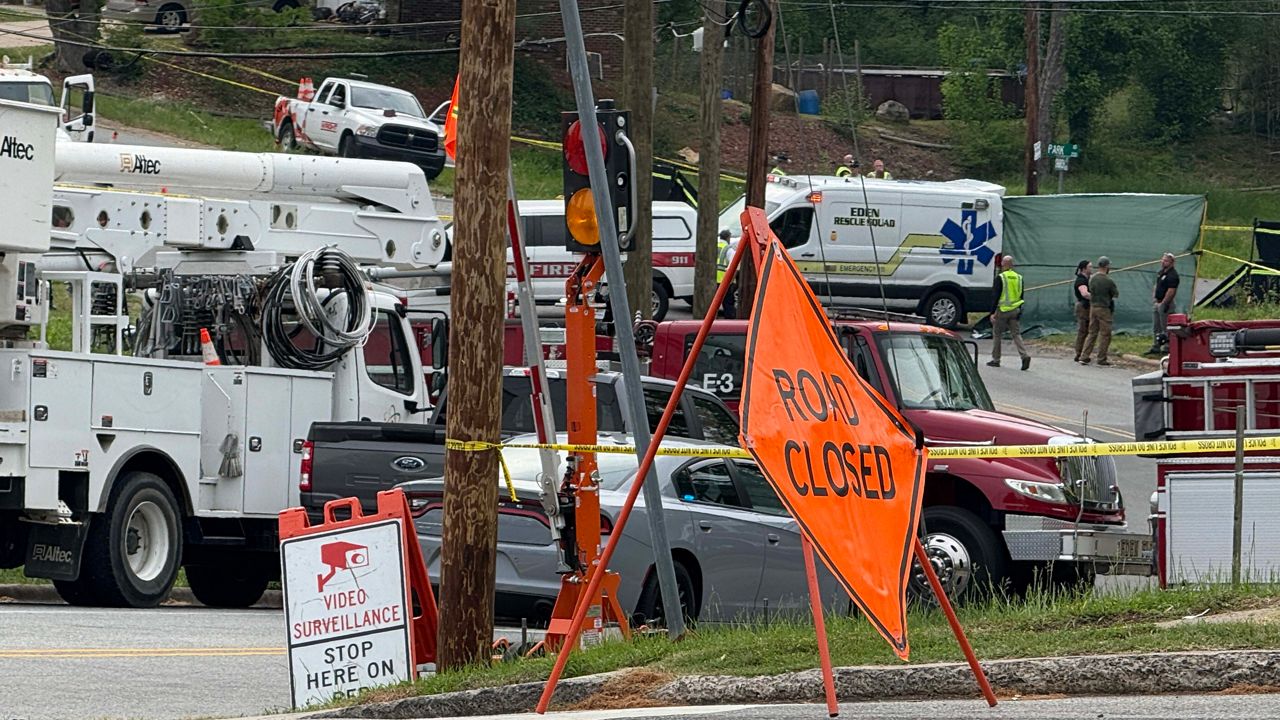The Haliwa-Saponi Tribe is based in what’s known as “The Meadows” of Halifax and Warren counties in eastern North Carolina.
Its history runs deep.
“Our tribe predates the forming of the United States,” Haliwa-Saponi Chief Bruce Ogletree Green Richardson said.
The community of more than 4,000 people are descendants of five tribes that merged in the 1700s.
While the state recognized the tribe in the 1960s, it has yet to get the same treatment federally.
“We deserve to be treated equally with the other historic tribes,” Richardson said.“We deserve to be treated equally with the other historic tribes,” Richardson said.
About 25 years ago the tribe says it applied for federal recognition from the Bureau of Indian Affairs. But the bureau asked for additional information, which the tribe says is difficult to track down.
“A lot of the documentation has not survived time because of theft, because of courthouses burning down during the Civil War,” Haliwa-Saponi Tribe Vice-Chief Marvin Richardson said.
It’s why the tribe is attempting an alternative route.
This summer Democratic U.S. Rep. Don Davis of North Carolina introduced legislation to grant the tribe recognition. Richardson says that would bring resources like housing, health care and education.
The bill has not advanced to a vote in the House, and similar legislation was introduced under Davis’ predecessor G.K. Butterfield.
“Congress has the authority,” Davis said. “This is the next step for resources that would potentially open resources up for this incredible community.”
North Carolina recognizes eight tribes, but only one, the Eastern Band of Cherokee Indians, has full federal recognition.
Spectrum News 1 has reported on the Lumbee tribe’s push for recognition, which has drawn support from both President Joe Biden and former President Donald Trump. That legislation hasn’t gotten out of Congress.
But the Haliwa-Saponi plea often doesn’t get the same attention.
For this small community, it’s not just the title it's seeking, it’s acceptance.
“It’s all about pride. It’s all about being on equal level with other recognized tribes throughout the United States,” Marvin Richardson said.










